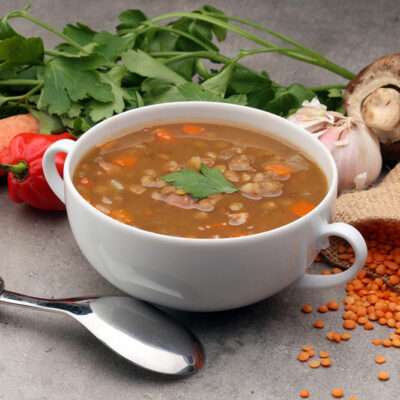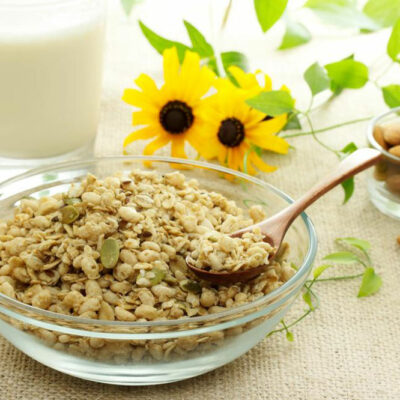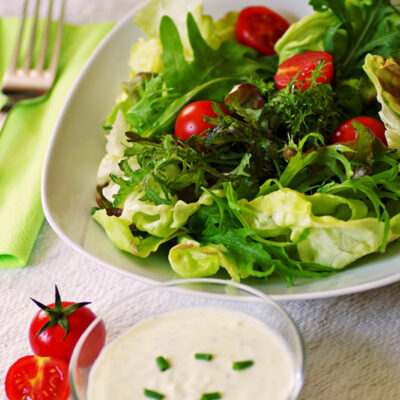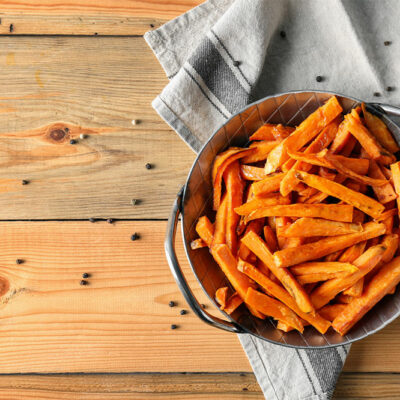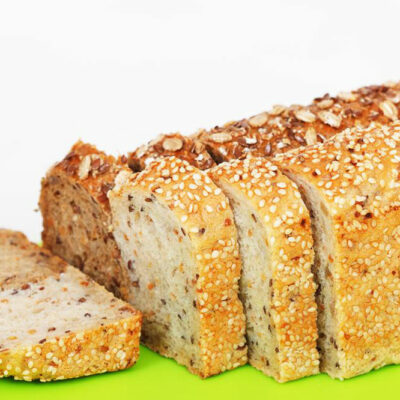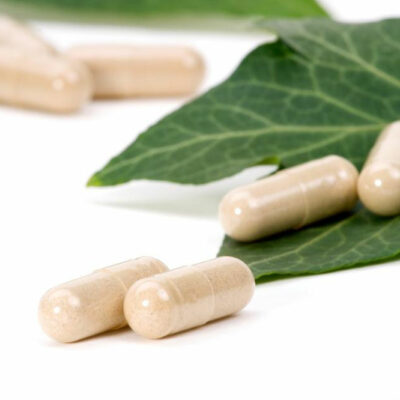
Health
7 Effective Dietary Supplements to Manage ED
Erectile dysfunction is a disturbing condition affecting millions of men all over the world. It’s the condition where a man cannot achieve or maintain an erection for enjoying a satisfying sexual performance. These include conditions like erections not lasting long enough, aren’t firm enough for sexual intercourse, are less frequent, among others. This condition leads to a lack of desire in sex, unsatisfying sexual relationships, and affects your self-esteem. This distressing and common sexual condition can be addressed by incorporating proven dietary supplements for ED. It’s advisable to consult your doctor to know the best supplements that give significant results without any side-effects. Some of these supplements that are effective and safe to use are: Panax ginseng It’s very popularly called herbal Viagra, and this red ginseng has solid evidence in effectively treating erectile dysfunction. The supplement has ginsenosides that work at the cellular level to improve erection and is great for those with high lipids in their blood. Red ginseng has anti-inflammatory properties that enhance lung function and improve blood flow that significantly reduces the symptoms of erectile dysfunction. Horny goat weed This traditional Chinese medicinal herb is the most powerful product among the dietary supplements for ED that treats fatigue and low libido.
Read More 


